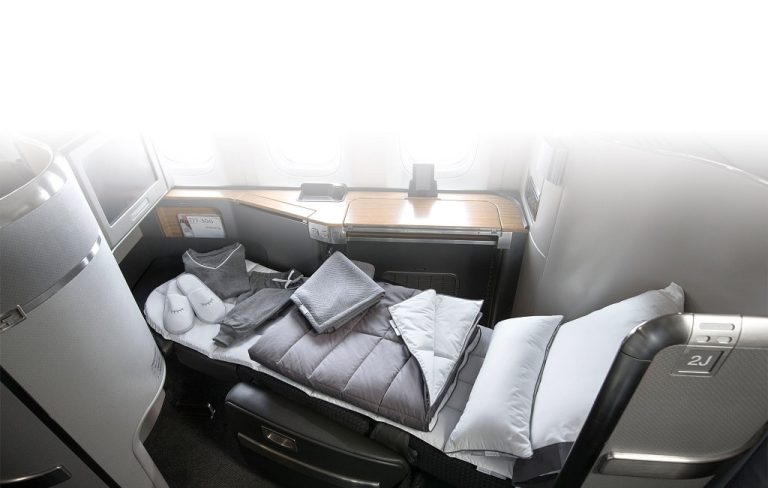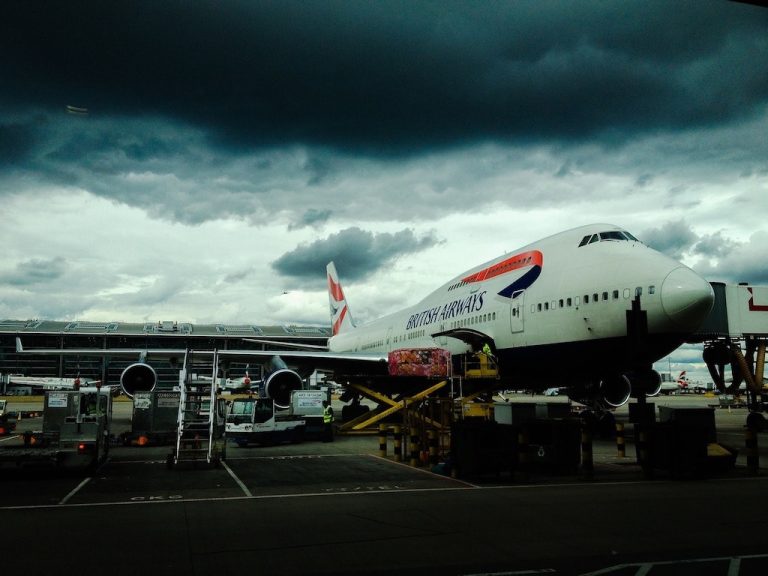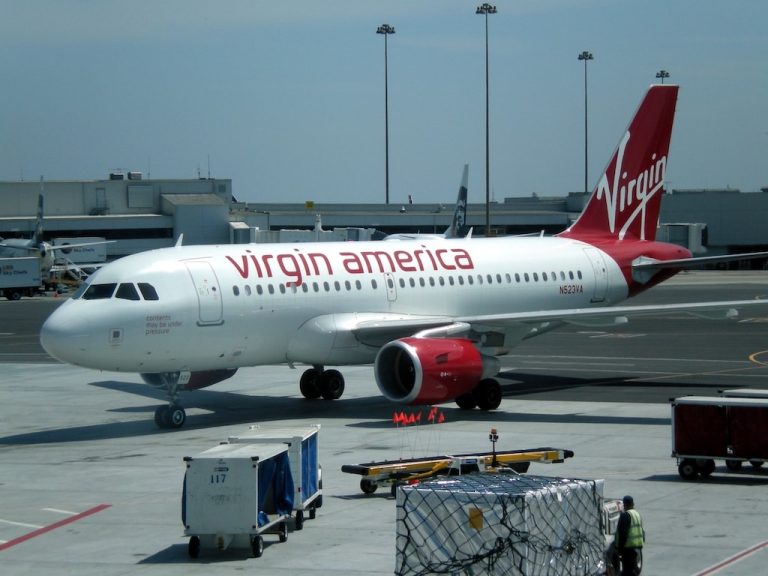It was a red-eye flight from Los Angeles to Tokyo, and I felt jet lag coming. By the time I arrived, the sun was up, but my body was still in yesterday’s time. Many travelers know the feeling of being out of sync with the local time.
For those crossing more than three time zones, jet lag is common. The question is, how to adjust to new time zones efficiently?
Traveling east is harder for 75% of people, unlike the 25% who find it easier to travel west. This journey disrupts our natural sleep cycle, making jet lag recovery tough. Luckily, there are sleep aids and accessories to help.
I’ve tried various tools that really help. Using low-dose melatonin supplements, wearing a sleep mask, and staying hydrated during flights can make a big difference. Noise-canceling headphones also let you block out distractions and sleep better.
I discovered the Travelrest Ultimate Travel Pillow, which stops neck cramps during flights. Earplugs also create a quiet space, even in a busy cabin. These items make travel much easier.
Key Takeaways
- Traveling east is challenging for 75% of travelers due to circadian rhythm disruption.
- Crossing more than three time zones increases the likelihood of jet lag symptoms.
- Melatonin supplements and natural light exposure can aid in adjusting to new time zones.
- Effective sleep aids, like the Travelrest Ultimate Travel Pillow and noise-canceling headphones, can ease sleep disruptions.
- Drinking an 8-ounce glass of water every hour while flying is recommended to minimize dehydration and fatigue.
Understanding Jet Lag
Jet lag is a common issue for travelers crossing many time zones. It’s important to know the symptoms and causes to grasp its effects on health during international travel.
Symptoms of Jet Lag
Jet lag brings on symptoms like long-lasting tiredness, trouble sleeping, and feeling irritable. You might also notice problems with focus and memory. Many people feel unwell, with stomach issues adding to the discomfort. Studies show pain sensitivity goes up at night, making these symptoms worse.
Causes of Jet Lag
Jet lag happens when you quickly cross three or more time zones, messing with your body’s clock. It takes about 1-1.5 days to adjust for each time zone. The more time zones you cross, the worse the symptoms get.
Traveling eastward tends to hit people harder, affecting 75% of travelers more than going west. Factors like your sleep habits, stress, how much alcohol you drink, and what you do at your destination can make jet lag worse.
People who travel a lot, like pilots and flight attendants, often face ongoing jet lag problems. The trip’s details, like distance, layovers, and time zones, affect how bad jet lag will be. Packing light and using sleep aids can ease some of these issues, making travel easier and keeping your mind and body in good shape.
Effective Sleep Aids to Consider
When dealing with jet lag, using sleep aids can really help. Over-the-counter sleep supplements are a good choice because they’re easy to get and use.
Melatonin Supplements
Melatonin supplements are a top pick for fighting jet lag. They help start sleep by copying the body’s natural melatonin production. For melatonin for jet lag, take 0.5 mg about 13 hours before you want to wake up.
Doses from 1mg to 3mg can really help reset your clock. They’re great for people who travel a lot. But, always talk to a doctor before taking melatonin, as it can have side effects or interact with other drugs.
Natural Sleep Aids
For a more natural way to sleep better, try natural sleep aids. Herbal teas like Traditional Medicinals Organic Nighty Night Extra are popular for their calming effects. You can get it on Amazon for just $5.
Relaxing before your trip can also help you sleep better. Try meditation, gentle stretches, or relaxing activities. These can make melatonin supplements work better and reduce jet lag symptoms.
Planning well is key for any trip. For tips on getting ready for long trips, check out this guide on how to plan and prepare for long-term travel.
Travel-Friendly Sleep Accessories
Getting a good night’s sleep while traveling is key to beating jet lag. With the right personal travel accessories, you can sleep well on the go.

Neck Pillows
Neck pillows are a must-have for neck and head support. The Travelrest Ultimate Travel Neck & Body Pillow is great for tight spaces like middle seats. It helps you keep a good posture, which is important for a peaceful flight.
Sleep Masks
Sleep masks help you sleep better. The 3D Sleep Mask for Side Sleepers has over 63,000 five-star reviews on Amazon. It fits your face perfectly, blocking out all light. A good sleep mask is key for a restful sleep while flying.
Noise-Canceling Headphones
Bose’s QuietComfort headphones are known for their ability to block out noise. They help you sleep by cutting down on engine sounds and other distractions. This means you can sleep better and wake up feeling refreshed.
Earplugs
If you don’t like headphones, earplugs are a great alternative. Loop Switch Multi-Mode Noise-Reducing Earplugs let you adjust how much noise you block out. They’re small and easy to carry, making them perfect for quieting the in-flight noise.
To make your trip even better, check out travel-friendly tools. Accessories like neck pillows, sleep masks, headphones, and earplugs help you sleep well. This means you’ll be ready for your destination when you arrive.
Top Travel-Friendly Sleep Aids for Jet Lag
When fighting jet lag, picking the right sleep aids for long trips is key. Products like Liveli’s Sleep Peacefulli supplement help you sleep well, even on long flights. I found Sleep Peacefulli to be great for sleeping through a 20-hour flight to Singapore. It’s perfect for long-haul comfort and helps adjust your sleep rhythm.
The supplement didn’t always work when I was anxious, and I woke up a few times at night. But, its mix of melatonin, 5-HTP, GABA, vitamins, and herbs like chamomile and ashwagandha was still helpful. At $40 for a month’s supply on Amazon, it’s a good choice for travelers who need reliable sleep aids.
No Jet Lag Pills are another strong option, aiming to stop sleeplessness and tiredness from circadian rhythm disruption. They have ingredients like arnica and cocculus to fight jet lag symptoms, such as headaches and tiredness. The EverSnug 2-in-1 Travel Blanket and Pillow also add to long-haul comfort, making travel more comfortable.
Fasting for about 16 hours before a flight can reset your body clock and prevent jet lag. Using essential oils like lemongrass, rosemary, grapefruit, and ginger can also lessen tiredness and stomach issues from jet lag.
Grounding, or walking barefoot on grass or sand for 20 minutes, can lower inflammation and stress from jet lag. With these methods and top sleep aids, managing sleep problems and getting restful sleep on trips becomes easier. This makes any journey more enjoyable and restful.
Tips for Better Sleep During Travel
Traveling across different time zones can mess with your sleep. It’s key to follow travel health tips to lessen jet lag effects. Here are some helpful strategies:
Stay Hydrated
It’s important to drink lots of water on flights. This helps fight off dehydration from the dry air in the cabin, which can make jet lag worse. Drinking water keeps you healthy while traveling and makes you feel better when you arrive. Try to avoid alcohol and caffeine on the plane as they can dry you out.
Adjust Your Schedule Before Travel
Changing your sleep schedule before your trip is a smart move. This method, called sleep schedule adaptation, means slowly moving your bedtime and wake time to match your destination’s time zone a few days before you leave. This gradual change makes the actual travel day easier and helps you sleep better.
Utilize Light Therapy
Light can help control your body clock. Light therapy, using sunlight or special lamps, can really help. Morning sunlight can help adjust your body to the new time zone, making it easier to sleep. Make sure to expose yourself to light at the right time to get the best results.
Using noise-canceling headphones, like those from Bose, and earplugs can help you sleep better on flights. They block out noise and distractions. Also, compression socks can keep your feet comfy and reduce swelling. With careful planning and good habits, you can have a better travel experience.
Conclusion
Jet lag is a common issue when traveling across different time zones. But, there are many strategies and aids to help make it easier. By understanding how jet lag works, using supplements and natural remedies, and choosing the right accessories, you can lessen its effects. Planning ahead, considering your health, and knowing your trip details can greatly improve your experience.
Studies show that taking melatonin can help fight jet lag, especially on long flights. It helps reduce symptoms like fatigue and sleep problems. Even though some people might feel a bit off, the benefits usually outweigh the risks for healthy adults.
Using travel-friendly sleep aids can also make your trip better. Things like neck pillows, sleep masks, and noise-canceling headphones can make flying more comfortable. Adding light therapy, staying hydrated, and adjusting your schedule early can help you adjust to new time zones smoothly. Being prepared and knowing what you need can make your journey enjoyable and restful. Safe travels, and may your future trips be memorable and well-rested!









